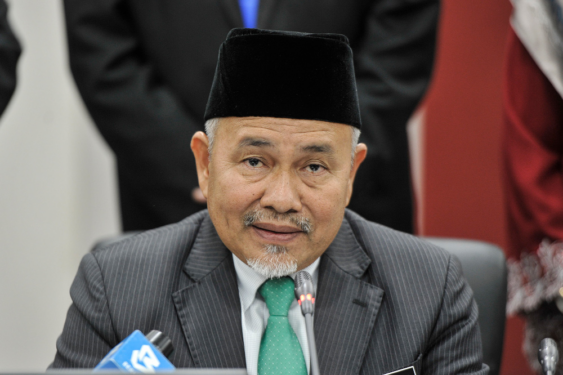WHEN Sarawak unveiled its plan to have two mil hectares of oil palm land by 2020 and become the country’s biggest crude palm oil producing state, it would not have imagined that its growth plans may be hindered by environmentalist and groups alike.
Oil palm plantations have been widely blamed for deforestation mainly in Indonesia and Malaysia, which is said to be the cause of climate change due to forest fires and loss of habitat for some endangered animals.
As at July 2018, it was reported that Sarawak was the largest state with an oil palm planted area of 1.56 mil ha or 27% of the total planted area of 5.8 mil ha in Malaysia.
A Focus Malaysia report in Jan 2014 stated that Sarawak’s aim to convert one sixth of its total 12.45 mil ha into oil palm plantations has led to timber tycoons cashing in on the move by converting timber concession areas into oil palm plantation.
It was reported then that the timber tycoons were in the process of converting more timber land into oil palm plantations, to support Sarawak’s drive to become the nation’s top producer.
According to the Earthsight portal, Global Forest Watch estimated Sarawak had lost more than 20% of its tree cover between 2001 and 2016.
Echoing this, the Edge on Jan 16, 2017 citing a non-profit global research group, reported plantation industries have been the principal driver of deforestation in Sabah and Sarawak over the last four decades.
According to the same report, the Centre for International Forestry Research (Cifor) had said the two states had 15 mil ha of old-growth forest in 1973, which accounted for 76% of their total land mass, but the states lost 4.2 mil ha or 28% of forest between then and 2015.
Of the total deforestation of 4.2 mil ha, 2.4 mil ha to 2.5 mil ha or about 57% to 60%, were converted rapidly to either industrial oil palm plantation or pulpwood plantation.
In 2018, it was reported by the Borneo Post that then Minister of Primary Industries, Teressa Kok had said the government would not allow any more expansion of oil palm plantations in the country and was committed to maintaining at least 50 per cent of its land as forest cover.
On the other hand, the European Commission last year came up with a delegated act within the framework of the Renewable Energy Directive (REDII), categories palm oil from large plantations as unsustainable.
The EU in June 2019, passed the Delegated Act to effectively ban palm oil in biofuel by 2030, over concerns that cultivation of the crop has led to deforestation and climate change in producer countries.
In response to the EU ban, the Sarawak government has agreed to ensure that oil palm plantations in the state obtain Malaysian Sustainable Palm Oil certification.
Sustainable palm oil practices make businesses profitable while not harming people or the environment.
According to the Round Table on Sustainable Palm Oil, to become officially “sustainable”, a company pledges not to clear any primary forest, to have transparent supply chains, to check how much carbon they are emitting, to limit planting on peatlands, to treat workers fairly, and create wildlife zones. – Sept 20, 2020










